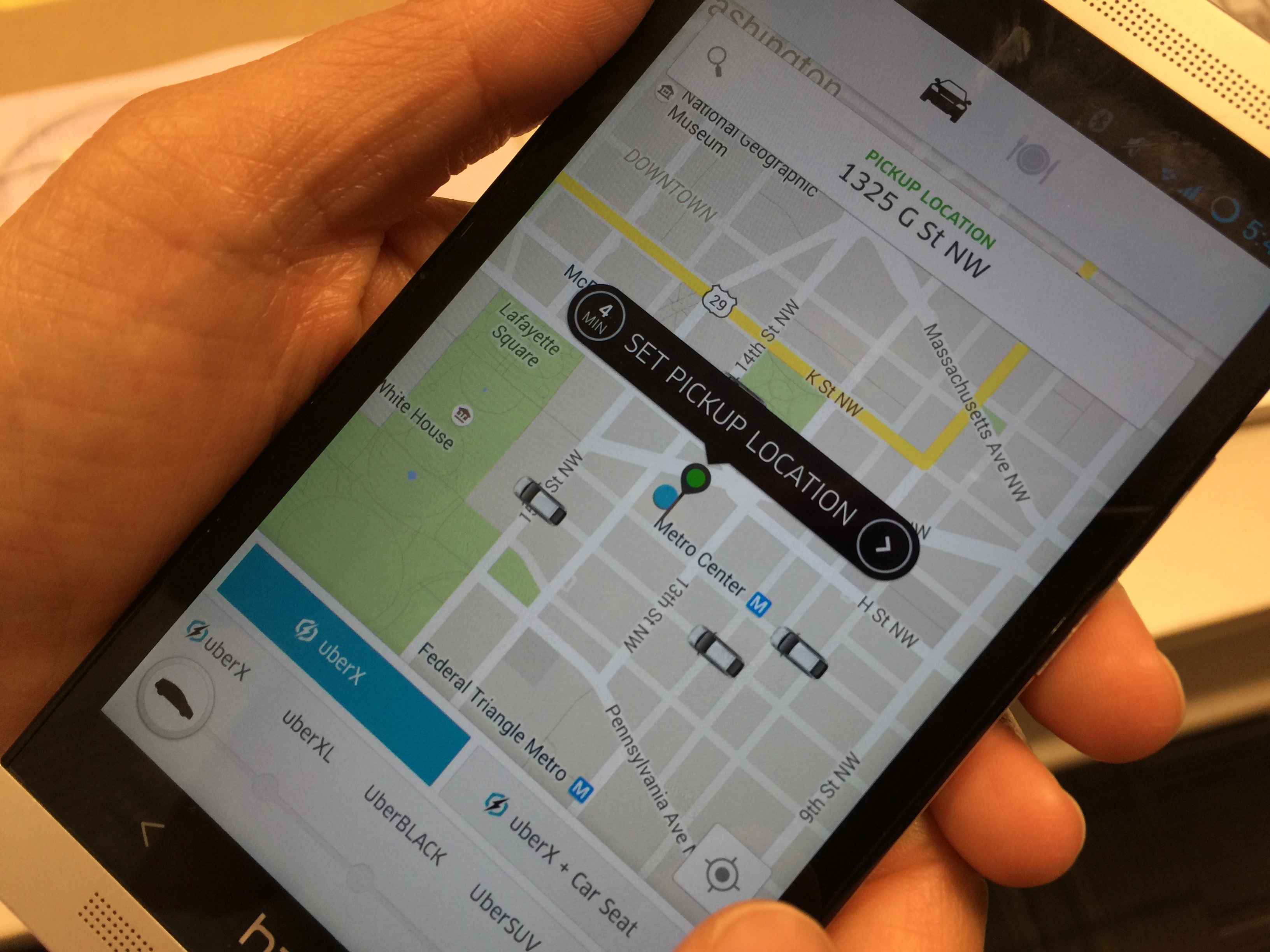WASHINGTON – With Uber under pressure in Europe, opponents in the U.S. called for legal requirements in the “sharing economy” to level the playing field for traditional taxi service in the United States.
Mike Fogarty, president of the Taxicab, Limousine & Paratransit Association, urged lawmakers to require companies such as Uber and Lyft to comply with regulations requiring a commercial driver’s license and background checks, similar to conventional for-hire transportation companies.
Fogarty was concerned that his industry would face unfair competition because new taxi-hailing apps, seen by some as “disruptor economy,” would face softer regulation.
“We hope the committee won’t start down a road of creating new categories for new entrants into a market simply because their model may be a little different or they are using the latest technology,” he wrote in a release handed to reporters at a House Energy and Commerce subcommittee hearing Tuesday.
The subcommittee is trying to determine what the federal role should be in the sharing economy and the growing debate over the popular transportation service, which is accessed through cell phone apps.
“Businesses of all sizes are using the latest technologies available in their industries to help them remain competitive,” said Fogarty who was not invited to testify before the panel. “Our industry is no different. Using these technologies does not change who or what we are.”
In Paris Wednesday, two Uber executives faced up to five years in prison and hefty fines over allegations of fraudulent commercial activity, ABC News reported.
A day earlier, Transport for London, proposed a series of rules targeting taxi-hailing apps. The rules included requiring five-minute wait before private-hire vehicles can depart to pick up a passenger, and allowing customers to book up to seven days in advance, according to the Financial Times. Those moves are aimed at Uber and similar companies.
Supporters of Uber define the sharing economy differently.
“Sidecar, Uber and Lyft are neither taxi companies nor transportation companies. They are technology platforms connecting supply and demand,” Michael Beckerman, president at the Internet Association, told the subcommittee on Tuesday.
Beckerman compared the new companies with the old fashioned telephone Yellow Pages in the pre-Internet age. “Today, thanks to the Internet and advances in mobile payments, this connection of supply and demand happens in real time and in a seamless way for consumers,” he said.
He urged House members to consider the benefits of private for-hire transportation services — lower prices for consumers, and existing self-regulation mechanisms, such as customer ratings and GPS tracking.
But Dean Baker, co-director at Center for Economic and Policy Research, was not convinced. “I strongly disagree with Mr. Beckerman’s comment that this is simply the Internet version of Yellow Pages. We have that. It is called Craigslist.” Uber and similar companies go beyond merely providing information, he said. “These are companies that have active roles in the operation that we are talking about here.”
Baker told the subcommittee said firms like Uber treat their employees as independent contractors who do not receive full-time employment benefits.
In June, the California Labor Commission ruled that an Uber driver should be classified as an employee, rather than as an independent contractor.

